
Bonus: she has also agreed to answer related questions in the comments! This is a great opportunity--see the details at the end of the post.
On a separate note: I will be creating a monthly newsletter for people who would like to receive exclusive book content, author news, future sale info, and other goodies. The sign-up form just went live this week! Be one of the first to join at the top right sidebar or click here.
Now, on to the guest post!
Five Social Media Tips for Writers
by Hilary Sierpinski
1. Start early and choose the right platforms for you.
A: Yesterday. Last month. Last year.
The real answer is it is never too early to build an author platform, and it’s a good idea for even a writer just starting out to begin thinking about their online presence. Why? It takes time. Rome wasn’t built in a day. The earlier you engage, the more excited your followers will be to share your journey from draft, to landing an agent, to publishing deal, to launch day. And a vibrant platform won’t turn off any prospective agents and publishers either, that’s for sure.
Q: Do I need to be on Facebook, Twitter, Instagram, Pinterest, tumblr, YouTube, LinkedIn…
A: Yes.
And no. The more platforms you are on the better, but not unless you’re committed. You have to love doing it to stand out on whatever platform you’re on. It is also very important to think about your target audience and where that demographic is hanging out. If you write for teens, chances are they aren’t spending much time on Facebook. If you write adult fiction, tumblr may prove less valuable.
2. It’s about author brand, not your book(s).
- Makes it much more difficult to engage directly with your readers on a personal level
- Means for every new project you have to start all over again
With everything you do on social media, you should be thinking about your brand.
Your brand is directly related to the types of books you write but not entirely. Authors who write multiple genres can have a solid, identifiable brand just as easily as those who don’t. Here are two simple ways to brand yourself across social media:
- Cohesive design: across all platforms; from your about blurbs, taglines, color scheme, header images
- Cohesive voice: across all platforms. Every author has a unique voice and this should be carried throughout all of your online content, both in subject matter and messaging.
3. Social media doesn’t sell books.
A: You can’t.
I would go so far as to say the more you try to peddle your wares on social media, the more it will work against you. I’m not saying you should never post anything promotional, just that they don’t work as well as you’d like to think they do.
The general rule on social media (and this applies to everyone from businesses to authors) is an 80/20 ratio. 80% of the content you post should “add value” for your followers and only 20% should be direct sales. It isn’t just good online etiquette, it’s that by doing so, people are more likely to pay attention when you really need that BUY MY BOOK post to count.
Think of it this way. Just about everyone has a book to sell these days. One million books were published last year. There’s a market glut. And it isn’t just your fellow authors you’re competing with. There are much bigger brands, with money and influence, competing for an already fractured audience with an already fractured attention span. Think of social media as an extension of you as a storyteller and spin a yarn worth listening to.
4. Network and Engagement: visibility = discoverability.
Not only has the way we distribute media changed in the digital age, the way the audience consumes media has changed as well. Direct engagement with creators is more vital than ever. Even if you don’t have readers yet, you can employ the power of engagement to help build your platform.
This is where networking comes in. Follow like-minded people online (writers, industry professionals, authors you admire) and engage as often as you can (RT/share/like/comment). The more you pay attention to others, the more others will pay attention to you, especially if you add value to the conversation.
Networking and engagement increases your visibility online. Visibility = discoverability and in this marketplace, discoverability is everything. Get out there and get yourself noticed and remember, this takes time and effort to cultivate, which is why starting early is so important.
5. Quantity over quality.
There are social media “experts” out there promising to make newly published writers the next runaway bestseller – for a fee of course. Don’t get me wrong, there are a great many social media professionals that are worth every penny earned, but sadly, there are also a fair number that promise the moon and the stars – and can deliver, but what they’re promising has very little value on the long run. Platforms need to be built, not bought and again, this takes time and commitment.
The same can be said for how often you should post. There are studies and infographics galore on both when and how often you should post on social media. The truth is, it can be hard to know for sure. Social media experts will swear that posting on FB more than once a day can work against you, while there’s evidence to support that the number of times you tweet in a given day, correlates to the number of followers gained.
I will always argue for quality over quantity. Make every post count. And most importantly, have fun along the way.

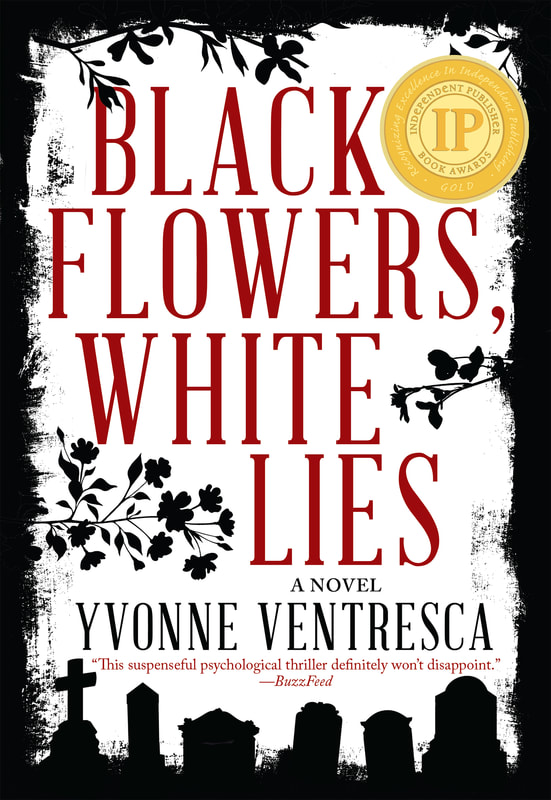

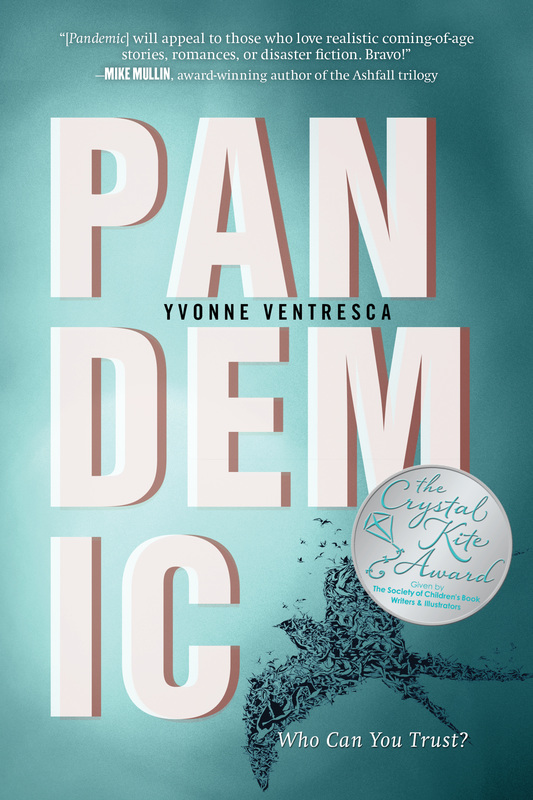
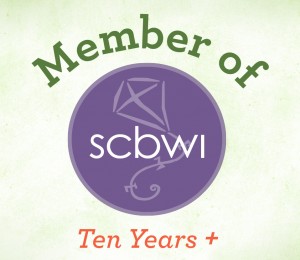


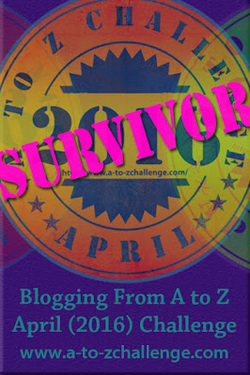
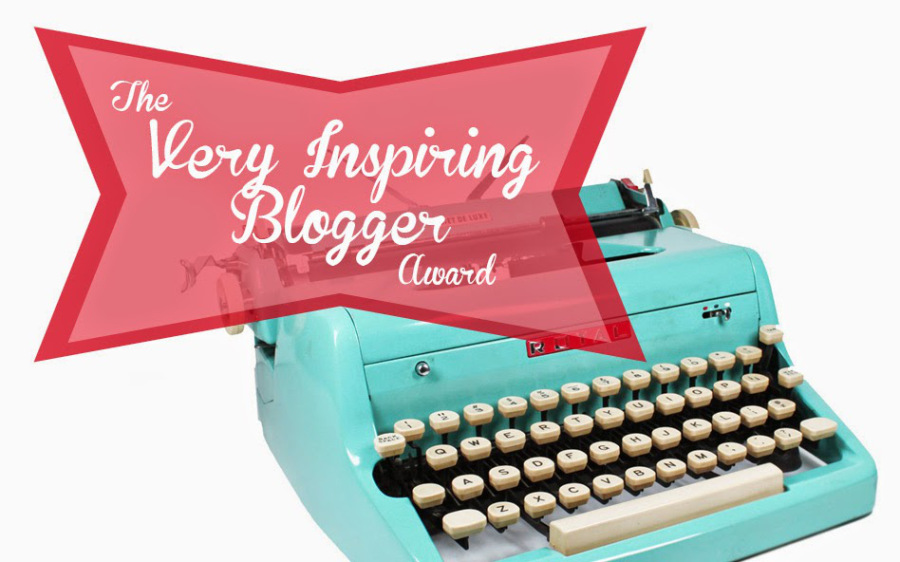
 RSS Feed
RSS Feed